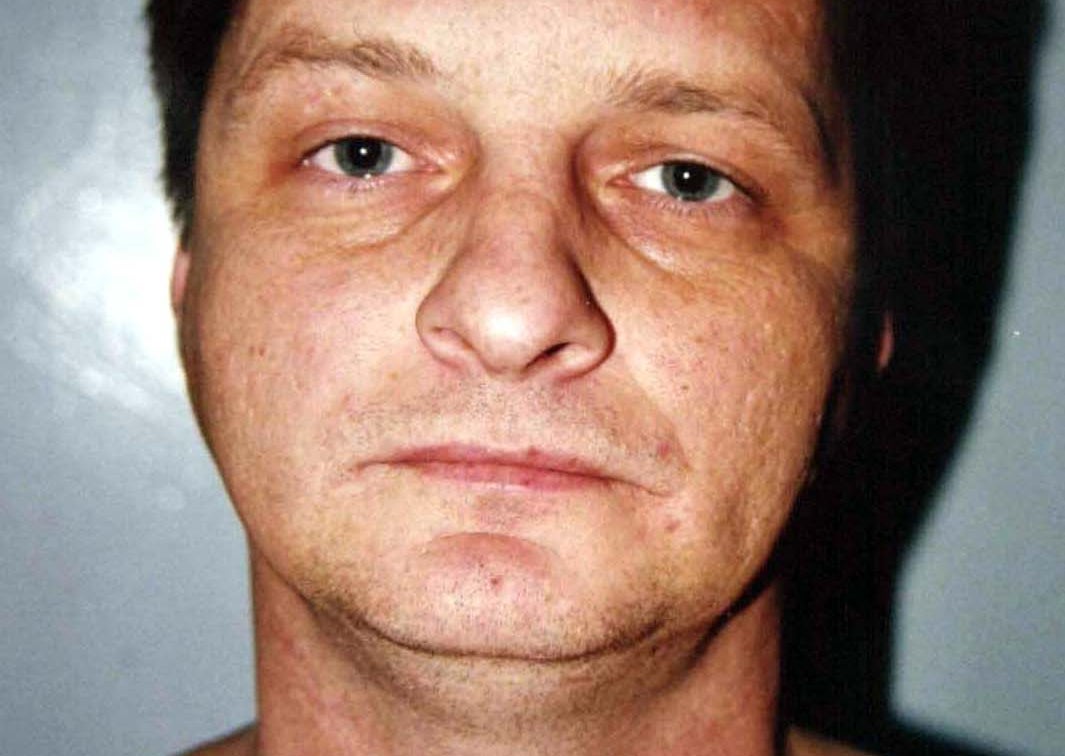Clydach murders: Blood-stained sock ‘supports’ conviction of Dai Morris for 1999 killings, police say
The sock was found in 2002 to have contained traces of the murder weapon

A blood-stained sock links a man convicted of murdering four members of a family to the scene of the crimes, forensic evidence found during a new review shows.
David “Dai” Morris – who died in prison in August aged 59 – had been found guilty at two trials in the 2000s of murdering Mandy Power, 34, who he had been in a relationship with.
He was also convicted of bludgeoning to death her two daughters – 10-year-old Katie and eight-year-old Emily – and her bedridden 80-year-old mother Doris Dawson at their home in Clydach, on the outskirts of Swansea, on 27 June 1999.
The murder of the women and girls had prompted the largest and most complex police investigation ever undertaken by a Welsh police force.

Morris was alleged to have carried out the killings after Ms Power had rejected his sexual advances. He then tried to set the house on fire to destroy any evidence, Swansea Crown Court had heard.
At the time, there was no fingerprint or DNA evidence connecting him with the crimes.
But following a request in 2020 by Morris’s representatives for the release of certain exhibits, South Wales Police agreed to appoint an independent senior investigating officer and forensic laboratory to oversee a review of the case material.
Police now say examination of a sock widely accepted as having been used by the offender during the killings identified the presence of a mixed *Y-STR profile that links Morris, or a male relative of his paternal lineage, to the crime scene.
Scientists have said it cannot be determined how or when the gender-specific profile was transferred on to the sock, but that the DNA is more likely than not to be Morris’s.
Operation Dolomite was led by detectives Steve Carey and Ian Ringrose and police forensic expert David Lloyd from Devon and Cornwall Police. Independent forensic science laboratory Cellmark Forensic Services was commissioned to carry out forensic work.
Morris’ family gave permission for a blood sample to be taken from him after his death on 20 August this year for the tests to be carried out.
Police say accounts provided by two witnesses who featured in the BBC documentary Beyond Reasonable Doubt were also looked into, but the information gathered did not undermine the case against Morris.
Det Carey said: “The outcome of the forensic assessment and completion of further actions have not established any information that undermines the conviction of Morris.
“In my view, as the independent senior investigating officer, the new findings from the samples taken from the sock support the existing evidence that originally convicted him.”
Morris, who was a 40-year-old builder at the time of his first trial, was handed down four life sentences in 2002 after being convicted by a unanimous jury verdict.
His conviction was later quashed on appeal due to a conflict of interest by a defence solicitor.
But he was again found guilty at a retrial at Newport Crown Court in 2006, and was sentenced to life in prison.
The Criminal Cases Review Commission had reviewed the case as recently as 2018, but had found no new evidence and decided not to refer it to the Court of Appeal.
Assistant Chief Constable David Thorne, of South Wales Police, said that he hopes the new evidence gives answers and closure to those who have been seeking it.
He added: “In particular, those who lost three generations of the same family and have had to revisit those painful memories time and time again over the last two decades.”
Bookmark popover
Removed from bookmarks